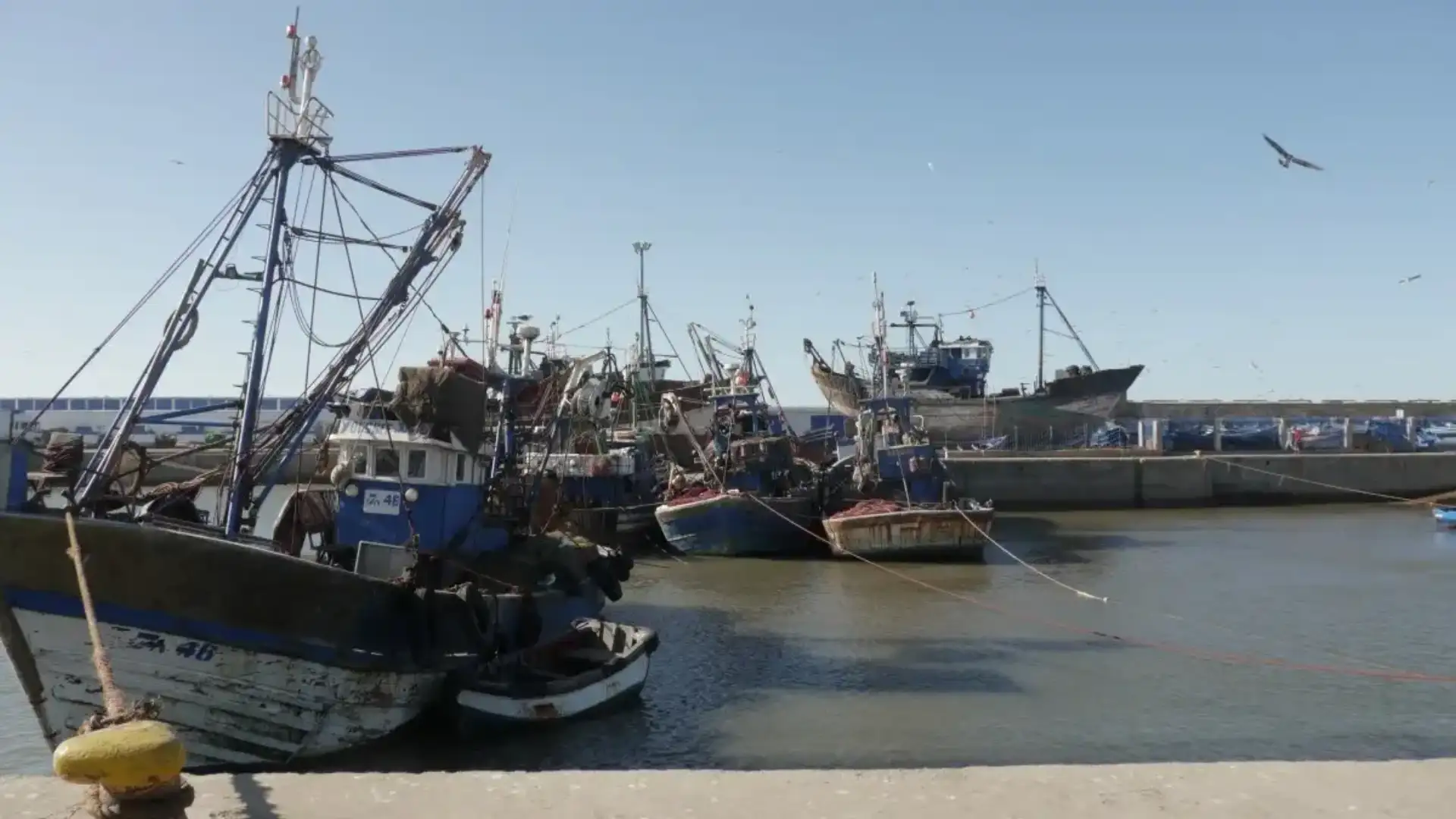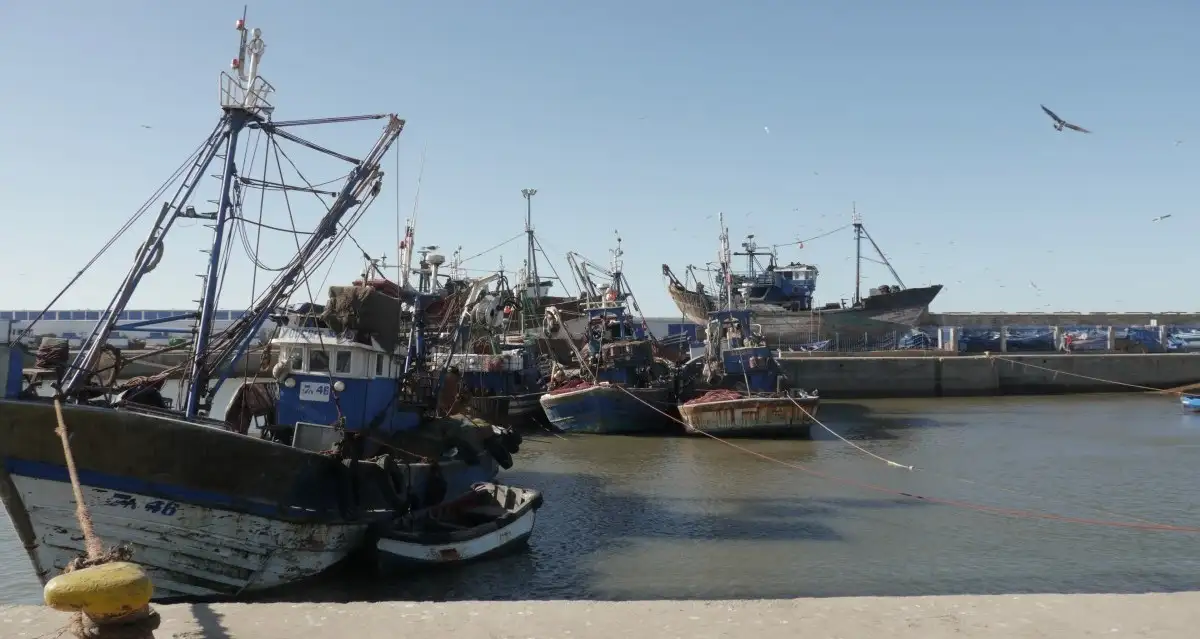
Cepesca regrets the lack of consensus to renew the Union's agreement with Morocco
Cepesca regrets the lack of consensus to renew the Union's agreement with Morocco

Of the 90 possible licences for Spain under the protocol, the fishing sector has used, this year 2018, 49 licences: 35 Andalusian ships, 10 canaries and 4 Gallegos... the 49 Spanish fishing vessels that have developed their activity under the agreement in 2018 employ 534 crew, of which 107 are Moroccan
The Spanish Confederation of Fisheries (Cepesca) has regretted that it has not been possible to reach consensus on the renewal of the fisheries agreement between the European Union (EU) and Morocco, and it calls on the administrations to quickly manage the aid provided for in the European Maritime and Fisheries Fund (FEMP) to the fleets that will be affected and that from midnight on Saturday, the day on which the existing protocol expires, they will no longer be able to fish in the Moroccan fishing fleet.
Despite the failure of the negotiations, which have been extended over four rounds in Rabat and Brussels, the fisheries sector is confident that the parties will continue to work towards a closer approach and that a new phase of negotiations will open up to a new agreement that will benefit both. In addition, and in view of the impossibility of further developing the fishing activity regulated by the protocol previously in force, Cepesca requests that the Government be agile in processing the aid to shipowners and crew members affected by the temporary stay.
The protocol (2014- 2018) to the EU-Morocco fisheries agreement, which now expires, allowed a maximum of 126 EU fishing vessels, including 90 Spanish fishing vessels, to be fishing in the Atlantic coast of Morocco. Of the 90 possible licences for Spain under the protocol, the fishing sector has used, this year 2018, 49 licences: 35 Andalusian ships from Barbate, Algeciras and Conil, 10 canaries and 4 gallegos. The rest of the licences are distributed among other Community countries such as the Netherlands, Lithuania, Latvia, Poland and Germany.
Cepesca highlights the negative social and labour impact of the non-renewal of the agreement, both in Spain and in Morocco. The 49 Spanish fishing vessels that have carried out their activity under the agreement during 2018 employ 534 crew members, of whom 107 are Moroccan. For the whole period 2014- 2018, the agreement has generated 700 crew jobs in Morocco - 200 on Community vessels - as well as about 3,500 jobs on land.
According to Javier Garat, Secretary General of Cepesca, "we regret that the negotiators have not been able to close an agreement in sufficient time to avoid the departure of the fleet of the waters in which our fishing vessels are operating under the existing agreement... at this time and while we are confident that the negotiations will be resumed in the light of the strategic nature of this agreement for both Europe and Morocco... it is a priority to put in place aid mechanisms that mitigate the negative socio-economic impact of this setback."
© 2024 Nautica Digital Europe - www.nauticadigital.eu











